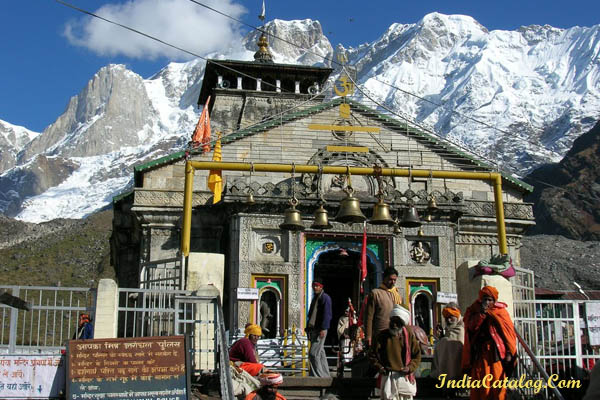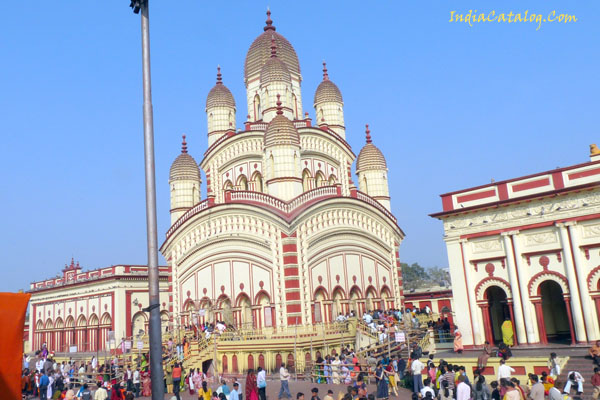CSDS survey: Ram temple boosts Hindu identity, strong backing for pluralism
.webp)
The findings of the CSDS-Lokniti 2024 pre-poll survey revealed that an overwhelming majority of respondents (79 per cent) appeared to support the idea that India belongs to all religions equally.
Notably, the belief in India as a shared space for adherents of all faiths is not confined to religious minorities but is also prevalent among the majority community. While 77 per cent of Hindus expressed faith in religious pluralism, an even higher percentage of Muslims (87 per cent) and other minority groups (81 per cent) shared this view.
Only 11 per cent of Hindus said that they think that India is a nation of Hindus, Lokniti-CSDS posted on X (formely Twitter).
A higher proportion of young respondents (81 per cent) compared to older ones (73 per cent) emphasised the importance of religious pluralism. While there is widespread support for religious tolerance across various demographics, educational attainment appears to influence attitudes significantly.
Highly educated individuals, comprising 83 per cent of the surveyed population, exhibited a stronger inclination towards endorsing the equal status of all religions, in contrast to 72 per cent among those with limited schooling.
However, alongside this support for religious pluralism, the survey uncovered an intriguing paradox.
Despite the prevailing inclination towards religious harmony, a notable segment of respondents, particularly men and those hailing from affluent and Hindu upper-caste backgrounds, regarded the construction of the Ram Mandir as the government's most commendable endeavour.
Almost half of the respondents (48 per cent) perceived the temple's construction as a means to reinforce Hindu identity, with 25 per cent asserting it would have no discernible impact.
Regarding the aspect of consolidation, while 54 per cent of Hindus concurred, 24 per cent of Muslims and 22 per cent of other minority groups also viewed the temple as a symbol of Hindu identity consolidation.
This perspective was more pronounced among men (49 per cent) than women (46 per cent), and it found substantial support among the affluent and Hindu upper castes (59 per cent), followed by the middle class (49 per cent) and Other Backward Classes (55 per cent) within the Hindu community.
Furthermore, 24 per cent of respondents believed that the Ram temple would exacerbate communal divisions. Among them, 22 per cent of Hindus anticipated heightened tensions between Hindus and Muslims, while 32 per cent of Muslims and 29 per cent of other minorities shared this concern.
Conversely, 27 per cent of respondents opined that the temple would foster greater harmony between Hindus and Muslims. Notably, a significant 31 per cent of Hindus, along with 13 per cent of Muslims and 14 per cent of other minority groups, subscribed to the belief that the Ram temple would help bridge communal divides.

.webp)
.webp)
.webp)
.webp)
.webp)
.webp)
.webp)
.webp)
.webp)
.webp)













